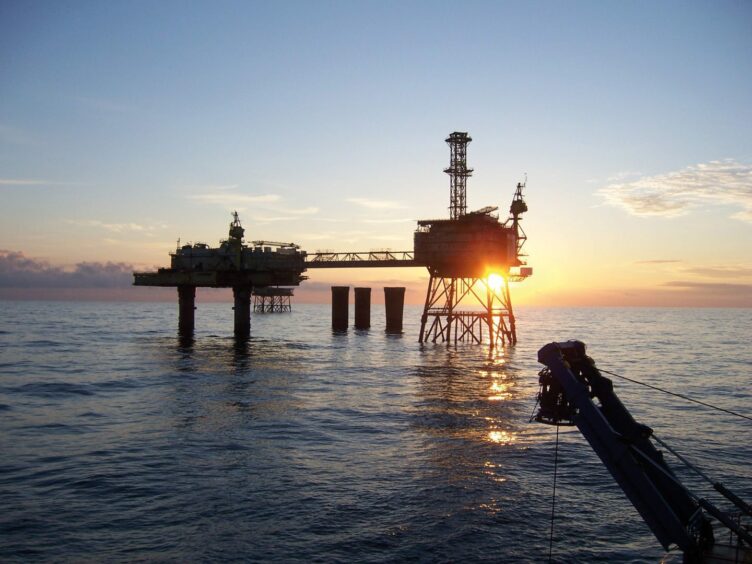
Analyst firm Wood Mackenzie has highlighted pitfalls in the UK Government’s plan to extend the windfall tax by another year.
Graham Kellas, SVP for Global Fiscal Research said it was a “surprising choice” as it won’t generate any income for the government for at least four years.
“And a tax that is now expected to have a seven-year lifespan under stable prices does not abide by most definitions of a ‘windfall’ tax,” he added.
The Chancellor unveiled the extension, bringing the Energy Profits Levy (EPL) “sunset” to 2029, during Wednesday’s Spring Budget, which he said would generate an extra £1.5bn for Treasury coffers.
Wood Mackenzie has separately modelled that as much as £4.1bn of cash flow from companies could be transferred to the UK Government by the measure.
The firm said it is dependent on assumptions about future oil and gas prices and production and it is not possible to reconcile their estimates with that of government without knowing what has been assumed in their models.
Wood Mac assumes fairly stable prices and production in 2027-28.
Risk of early decommissioning
Mr Kellas added that, by retaining the current allowance and tax rates, the government is assuming that the extension will not change investment plans.
The industry has warned that investment is at risk due to the ongoing fiscal turbulence.
“Taken on its own – the extension of the EPL is unlikely to impact investment decisions,” Kellas said. “However, the cumulative fiscal instability has really unsettled North Sea investors. And, in an election year, the opposition Labour party’s tax plan has added significantly to the fiscal uncertainty”.
Steven Wilson, senior associate at Vinson and Elkins in London, warned that companies may move to early decommissioning of assets in response to the EPL extension.
“While the Chancellor plans to raise £1.5 billion by extending the levy to 2029, there is a risk that some oil and gas fields may be decommissioned and abandoned earlier than scheduled, with the UK Government exposed to the tax relief for oil and gas companies’ decommissioning costs.”
He added: “Investors in the UK inevitably seek fiscal certainty – this further moving of the goal posts is unlikely to attract investment to the country’s oil and gas sector in the face of warnings from industry that prolonging the levy risks deterring investors from entering the North Sea basin and postponing new development.
“The health of the UK’s offshore supply chain is critical for the emergence of “North Sea 2”, as the UK seeks to grow the offshore wind sector and support the development of new CCUS and hydrogen industries.”
Recommended for you

